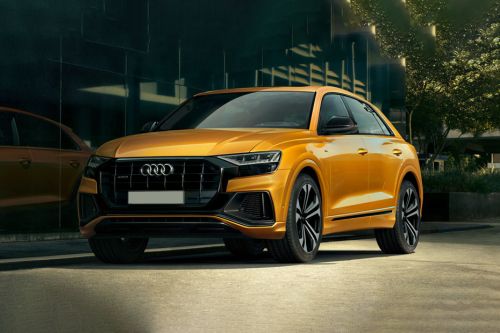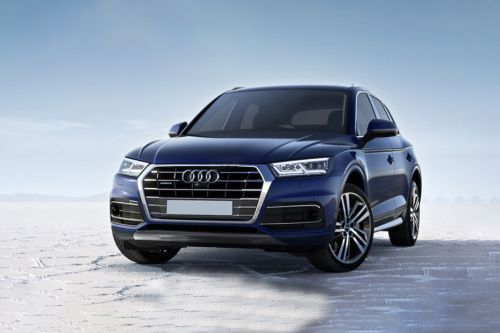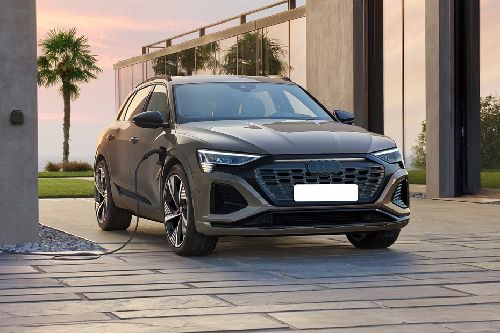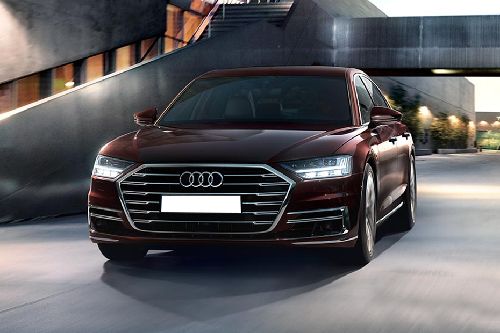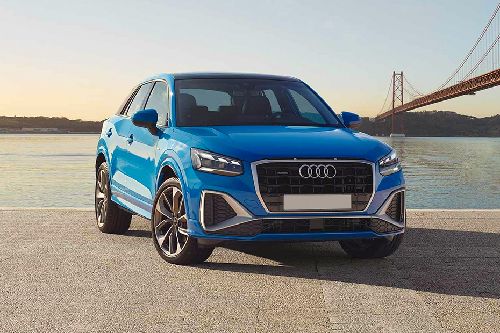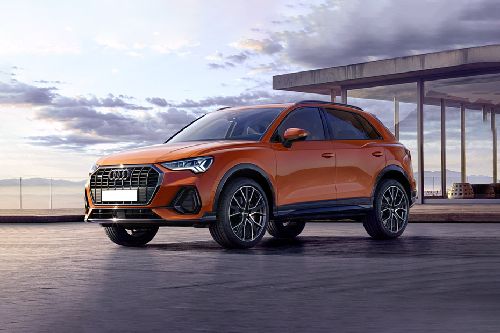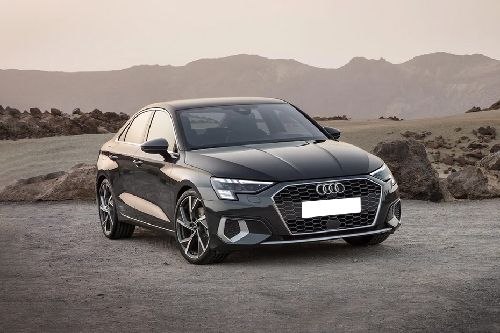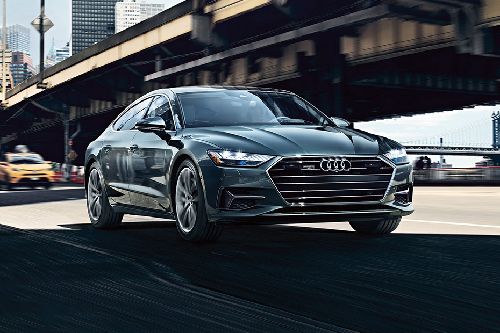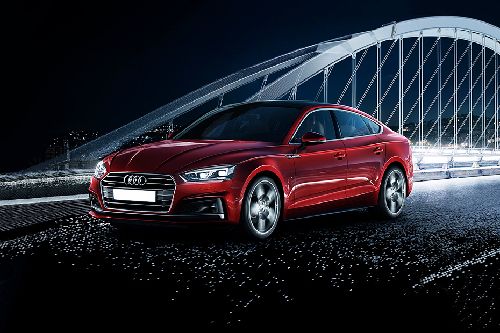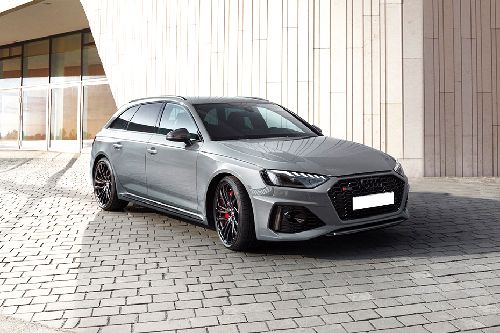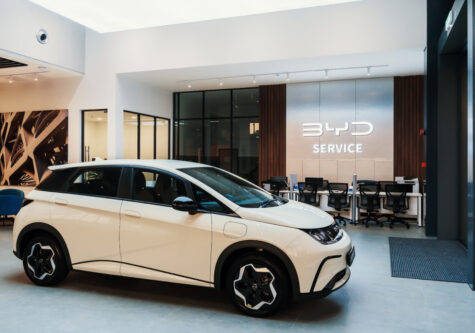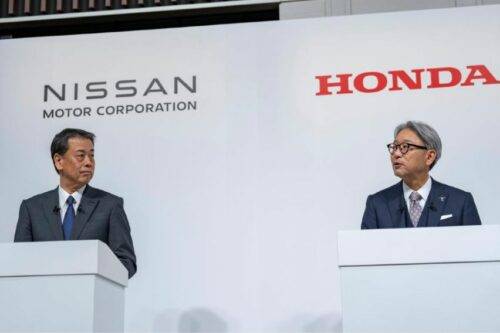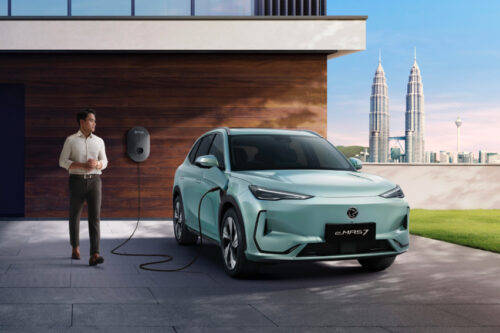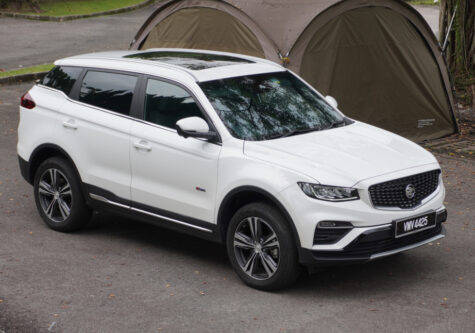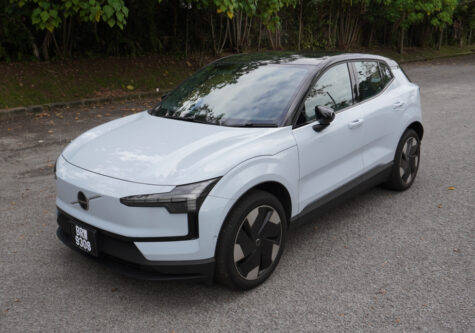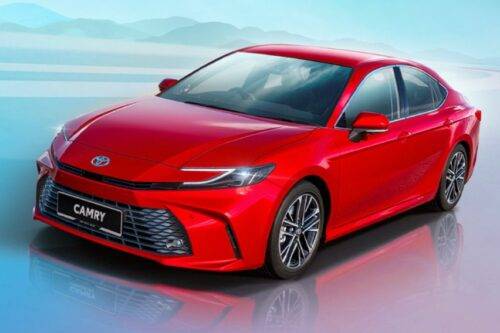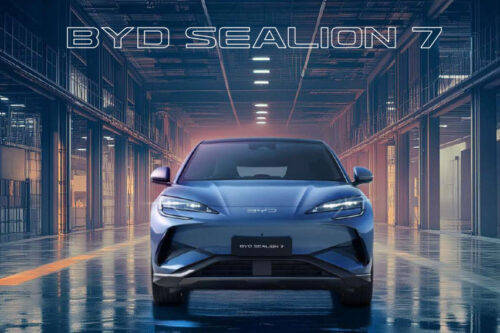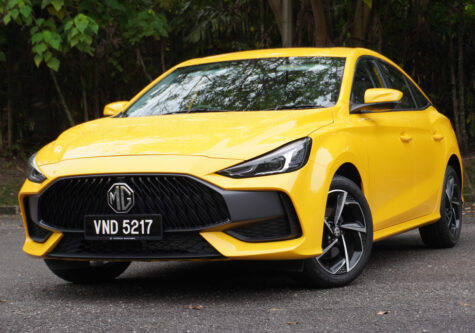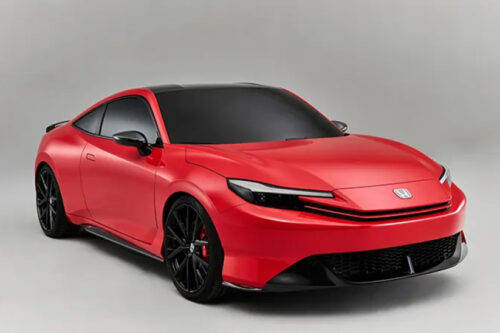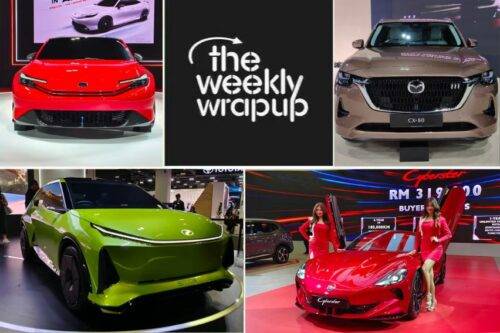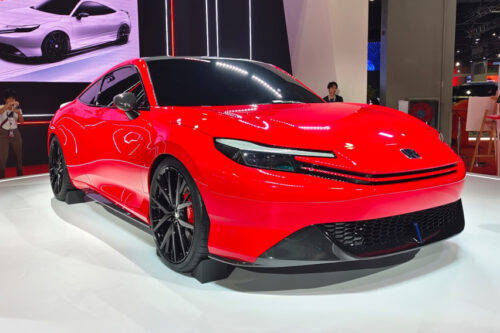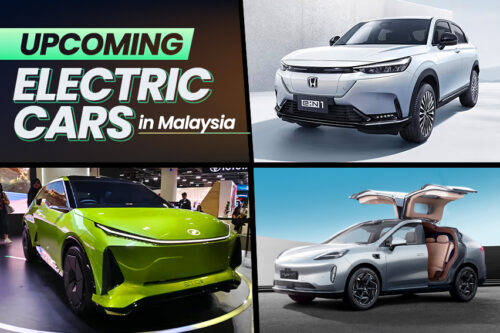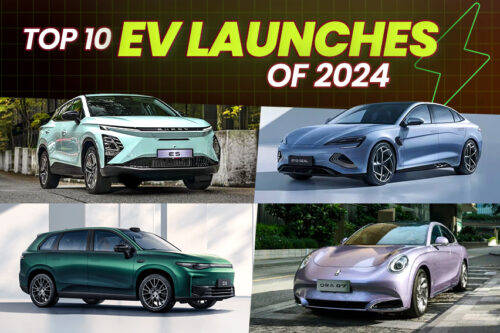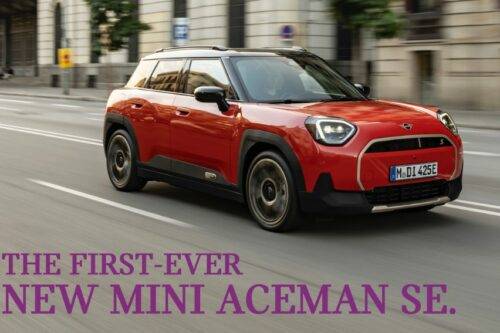Audi and BMW are targeting the compact Japanese cars
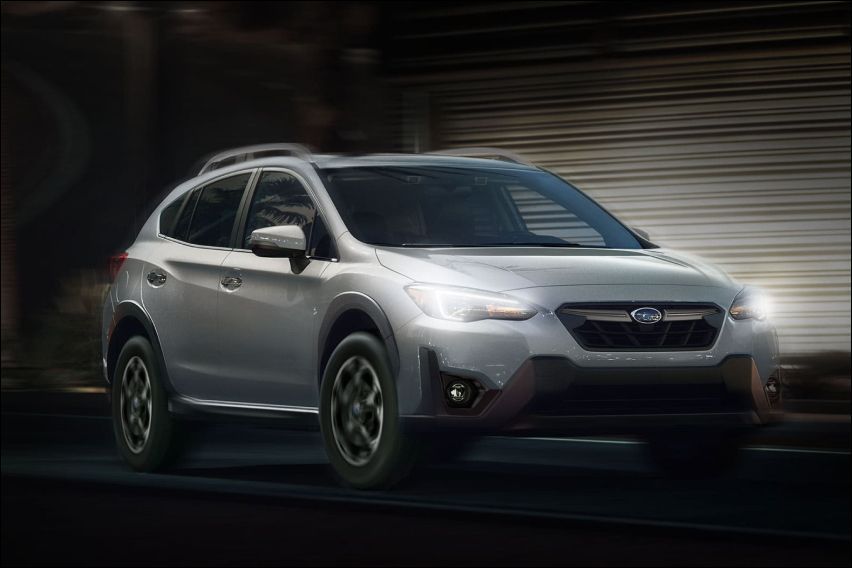
Can they continue to challenge the Japanese brands with electric cars?
It seems that in recent years Mercedes-Benz, Audi and BMW have started looking at new segments to sell their products and it seems that there is a need to move down to segments that have been profitable for the Japanese car manufacturers.
This also means the big German auto brands have also encroached into Volkswagen’s best selling and profitable segments, like the compact hatchback and compact SUV segments. It is a well-known fact that these are segments that have been very profitable for the Volkswagen group for decades.
For Honda, Mazda, Nissan and Toyota, these were the segments where they made their fortunes and in turn, in the last decade, they have produced more premium vehicles to rival the German brands.
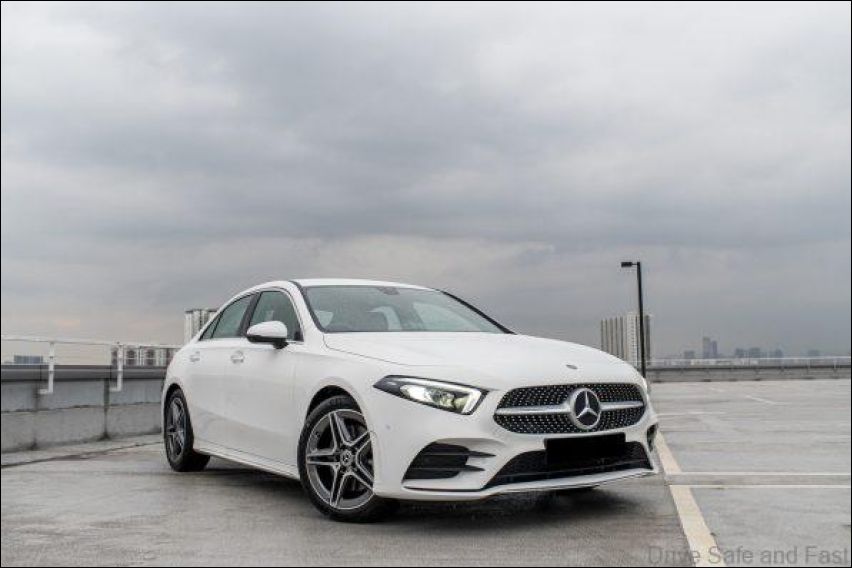
This is why Mercedes-Benz gave birth to the A-Class sedan with a surprisingly small capacity engine, a 1.3L turbocharged petrol engine and lets not forget their popular GLB and GLA crossovers.
Meanwhile, BMW unveiled their 1 Series compact hatchback and more recently the 2 Series sedan. The crossover segment was tackled with the popular BMW X1 which is a direct rival to the Subaru XV.
Audi looked at the crossover segment in detail and released the Audi Q1 which was no larger than a Mini Countryman and the A1 hatch which was side by side in terms of dimensions with the compact VW Polo.

However, Audi, Mini and BMW still commanded a high sticker price and they managed to keep sales brisk pre-covid19 as ‘well to do’ buyers took home a compact premium vehicle for their kids and their city commuting needs.
While the German premium brands worked on sexier vehicles for popular segments, the Japanese car manufacturers have not been sitting idle. Mazda was the first Japanese brand to bring their cabin quality up a few notches to better what Volkswagen and BMW provide in their compact models.
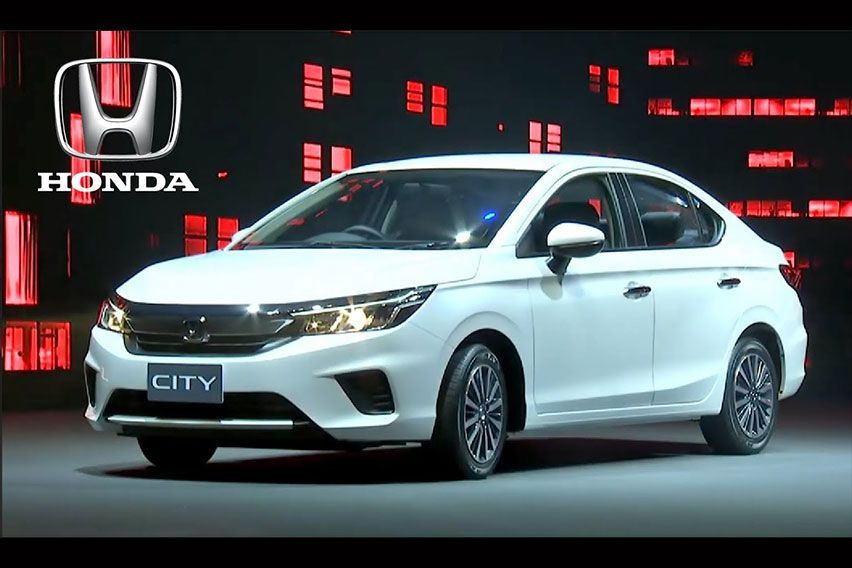
Honda was the next to realise this changing trend and they released a Honda Fit (Jazz) that had better features and cabin quality over what the German brands were providing. More recently, the Honda City sedan and also its hatchback models were launched with cabin quality and fitment that was of a higher grade and also look and feel over base models Audi’s and BMW’s.
Yes, the simple Honda City has been improved to be almost equal in terms of paint and interior finish over a BMW X1, Audi Q1, Mini Cooper and even a BMW 1 Series.
Then came the all new Honda Civic and this 11th generation model has better engine power delivery, interior quality, cabin space and handling over BMW’s popular 2 Series Gran Coupe which costs almost double.
It seems that all the lower priced German vehicles are getting harsh competition from the Japanese auto brands at half the selling price.
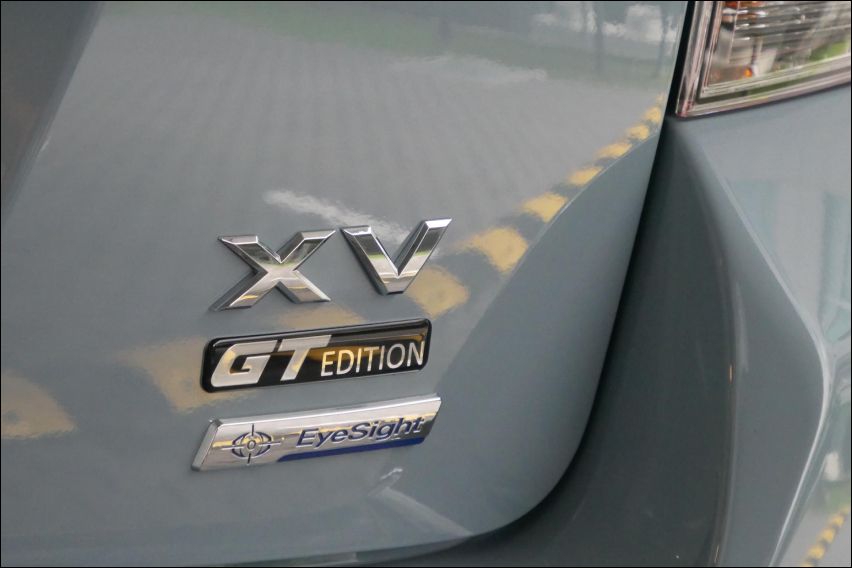
Let us not forget safety features. Well, the latest Subaru XV and Subaru Forester come with Eyesight technology which is a safety system that betters any safety feature provided by BMW, MINI, Volkswagen and even Audi at almost half their selling price. Yes, the Subaru’s are selling for some 50 to 65 percent lower and still have all wheel drive and Boxer engine power.
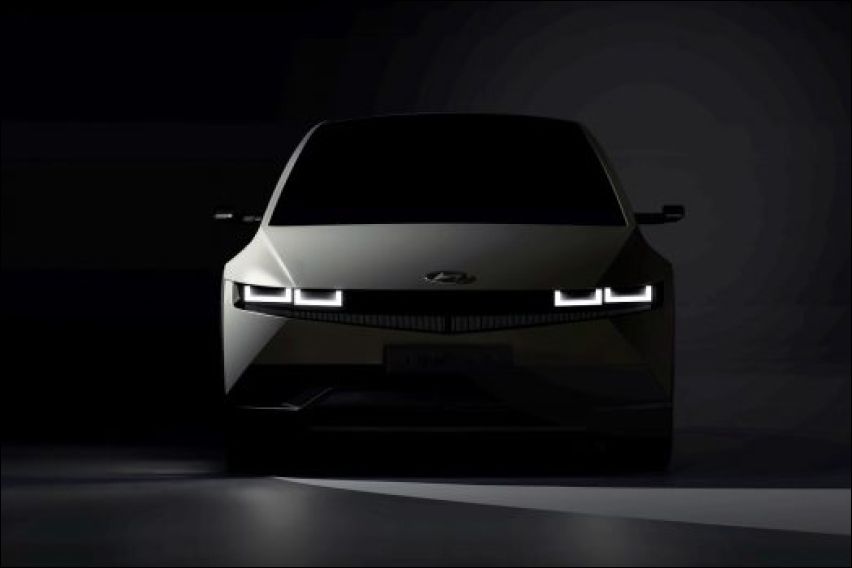
So, will the German ‘branding’ machine continue to allow them to sell sub-level vehicles at high prices? Yes, for the short term, but as electric vehicles take over petrol powered machines, this might change drastically and we have already seen some reaction from the success of the Korean made EV’s, the Hyundai IONIQ 5 and the KIA EV6.
We will wait patiently to see what happens in the next 2 to 3 years.
Also Read: Why Proton not offering 50% discount on X50 and X70 flooded cars
Sell your car at the best price
 Verified and genuine buyers
Verified and genuine buyers
Audi Car Models
Trending & Fresh Updates
- Latest
- Popular
You might also be interested in
- News
- Featured Stories
Audi Featured Cars
- Popular
Latest Audi Car Videos on Zigwheels


